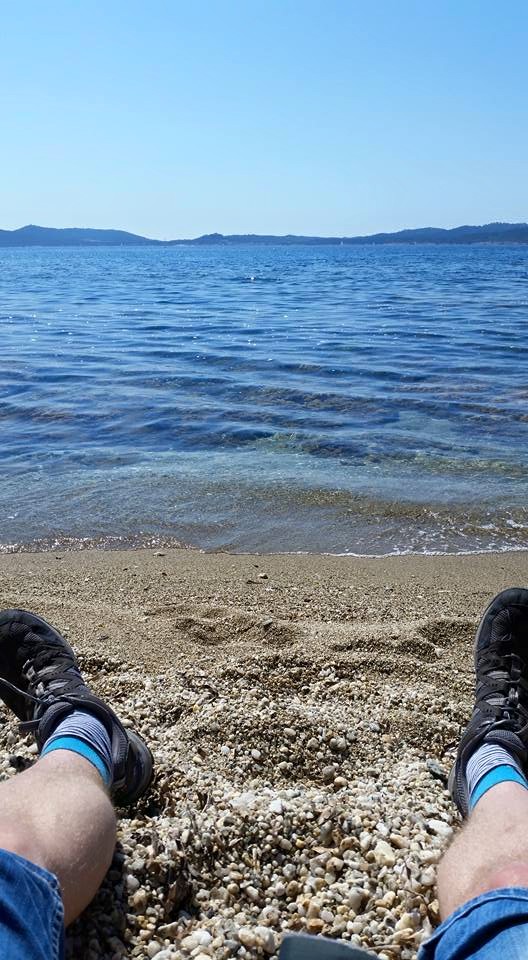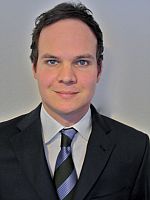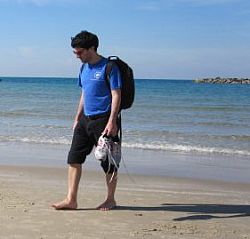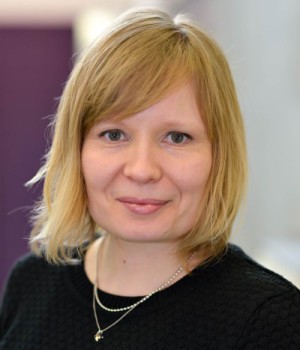
The European Council for an Energy Efficient Economy (ECEEE) convenes an international conference every two years. This, spanning the 1st-6th June 2015, was my first experience of this biennial event located on a dazzling peninsula in the South of France – at Belambra Les Criques. The scenery there is stunning and the weather was glorious too – I wore shorts everyday (mostly the same pair because I spilt coffee on the only other pair I had, shortly after putting them on).
 This got me to thinking, what stays the same at these conferences and what changes? I imagine that you could or would have heard a lot of the same rhetoric two or (many) more years ago at an earlier incarnation of this particular conference or a similarly themed alternative. The fact that there are fundamental problems with assumptions underlying neoclassical economics, the need for long-term thinking and multi- and inter-disciplinary approaches to policy relevant research questions are just a few examples. In terms of the latter, can we even agree on what the appropriate unit of analysis is for studying energy and climate issues? Objects? Subjects? Practices? All three, or something else?
This got me to thinking, what stays the same at these conferences and what changes? I imagine that you could or would have heard a lot of the same rhetoric two or (many) more years ago at an earlier incarnation of this particular conference or a similarly themed alternative. The fact that there are fundamental problems with assumptions underlying neoclassical economics, the need for long-term thinking and multi- and inter-disciplinary approaches to policy relevant research questions are just a few examples. In terms of the latter, can we even agree on what the appropriate unit of analysis is for studying energy and climate issues? Objects? Subjects? Practices? All three, or something else?
But things change too. Buzzwords, concepts, theories and methods often change and evolve. Governments and policies come and go. The urgency of mitigating greenhouse gas emissions becomes more and more critical as another year passes. Where will we hold these conferences if and when these splendid coastal locations are inundated by sea level rise?
I attended this conference to talk about work I’ve carried out with Steve Sorrell (my boss at Sussex) and Tim Schwanen (at Oxford) into the direct rebound effect associated with personal car travel in Great Britain. In practise this means that as the technical efficiency of cars has improved over time, effectively reducing their running costs (assuming the absence of taxation), how much further do people travel in their cars because they’re cheaper to run?
What’s ‘the same’ about this work is our over-arching conclusion: we estimate the direct rebound effect to be in the region of 20% which accords well with previous studies particularly in a U.S. context. Put differently if fuel prices (per unit of energy used to run your car) or fuel costs (per kilometre driven in your car) decrease by 100%, this stimulates the average person to drive 20% further.
What’s ‘different’ about this work is our investigation into the relationship between model quality (measured in terms of how many so-called diagnostic tests a model passes) and the size of the rebound effect. This hasn’t been investigated before in any context and we found no relationship between model quality and the size of the rebound effect. It could be argued that this bodes well for the existing literature on this subject where the tendency has been to partially or wholly neglect model quality issues. An early-bird view of this work is available here and our full study is currently under revision for the journal Energy Economics.
This conference will be held again in the summer of 2017 most likely in the same or a similarly stunning location.
 Dr Lee Stapleton is a research Fellow in SPRU (Science Policy Research Unit) and the Tyndall Centre for Climate Change Research. Working principally in the Centre on Innovation and Energy Demand (CIED) within the Sussex Energy Group, his research focuses on the application of time-series (static, dynamic and co-integrating) regression models to estimate so-called ‘rebound effects’ in the transport sector.
Dr Lee Stapleton is a research Fellow in SPRU (Science Policy Research Unit) and the Tyndall Centre for Climate Change Research. Working principally in the Centre on Innovation and Energy Demand (CIED) within the Sussex Energy Group, his research focuses on the application of time-series (static, dynamic and co-integrating) regression models to estimate so-called ‘rebound effects’ in the transport sector.
Follow Sussex Energy Group










